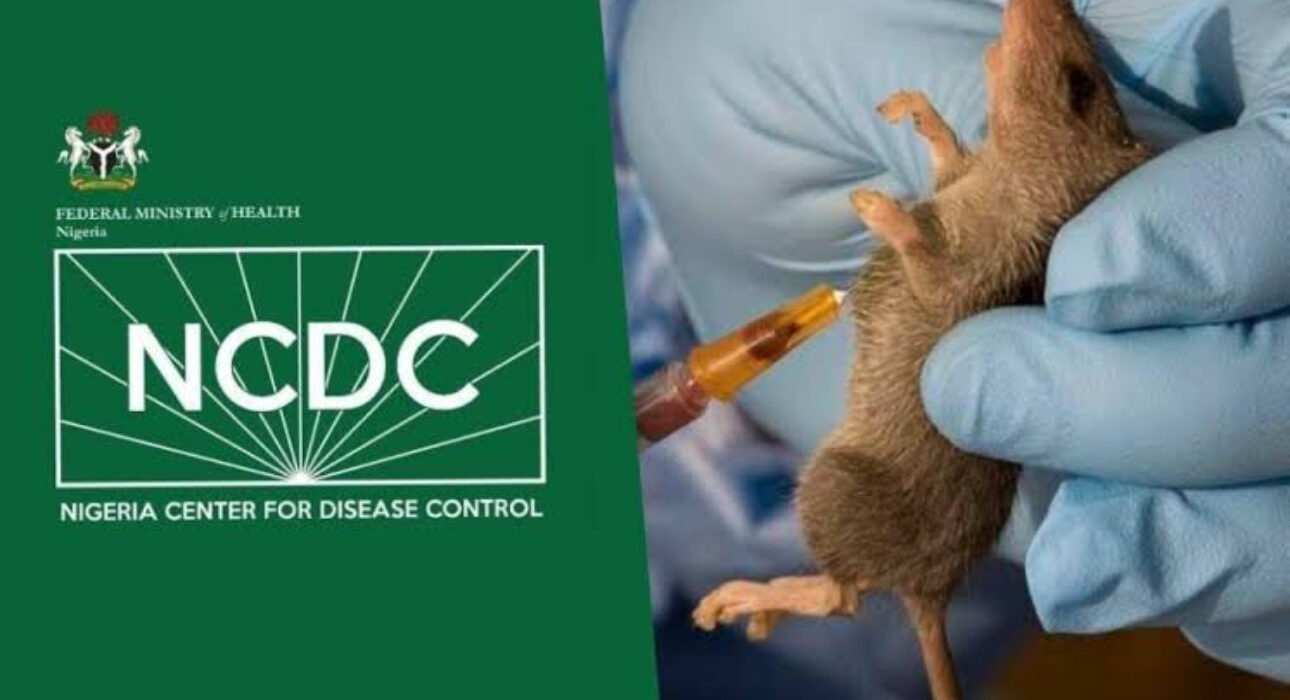Nigeria Records 145 Lassa Fever Deaths in Week 25, NCDC Raises the Alarm Over Rising Fatalities

The Nigeria Centre for Disease Control and Prevention (NCDC) has reported a significant rise in the number of fatalities linked to Lassa fever, with 145 deaths recorded as of epidemiological week 25 of 2025.
The figure, covering data up to June 22, reflects an increase in both the spread and severity of the viral hemorrhagic disease in the country.
In its latest situation report, the NCDC confirmed that 781 infections have been recorded from a pool of 5,943 suspected cases.
These cases span across 20 states and 101 Local Government Areas, with a case fatality rate (CFR) now standing at 18.6%, notably higher than the 17.6% recorded during the same period in 2024.
The outbreak remains concentrated in five states, which collectively account for 91% of all confirmed cases. These are Ondo (31%), Bauchi (24%), Edo (17%), Taraba (16%), and Ebonyi (3%). Health authorities say that the pattern underscores the regional nature of the epidemic and the need for focused containment efforts in these high-burden areas.
The age group most affected falls between 21 to 30 years, with men slightly more impacted than women, based on a male-to-female ratio of approximately 1:0.8.
The NCDC attributes the worsening fatality rate to several persistent challenges.
These include late presentation of infected persons to health facilities, inadequate access to prompt and affordable treatment, and widespread poor health-seeking behavior.
Many patients reportedly resort to traditional remedies or delay medical care until symptoms have become critical, reducing their chances of survival.
In response to the crisis, the NCDC has maintained the activation of its Incident Management System (IMS) and has deployed Rapid Response Teams to the ten most affected states.
The agency is working closely with development partners such as the World Health Organization (WHO), the Africa Centres for Disease Control and Prevention, the U.S. CDC, and other health-focused NGOs, to strengthen surveillance, diagnosis, treatment, and public education.
Public health advisories have been renewed, urging Nigerians to avoid contact with rats and maintain strict hygiene in food storage and preparation.
Lassa fever is primarily spread through contact with food or household items contaminated with urine or feces of infected rodents, as well as person-to-person transmission through bodily fluids in severe cases.
Health officials have also intensified community-level sensitization campaigns to encourage early reporting of symptoms, which include persistent fever, sore throat, vomiting, diarrhea, and in some cases, unexplained bleeding.
The NCDC continues to urge members of the public to call its 24-hour toll-free line, 6232, or visit the nearest health facility if symptoms appear. It also reminded state governments and local councils to take more aggressive steps to implement environmental health measures, including rodent control, waste management, and public health education.
The resurgence of Lassa fever this year is a stark reminder of the vulnerabilities within Nigeria’s health system and the need for sustained investment in epidemic preparedness, disease prevention, and grassroots health awareness.









